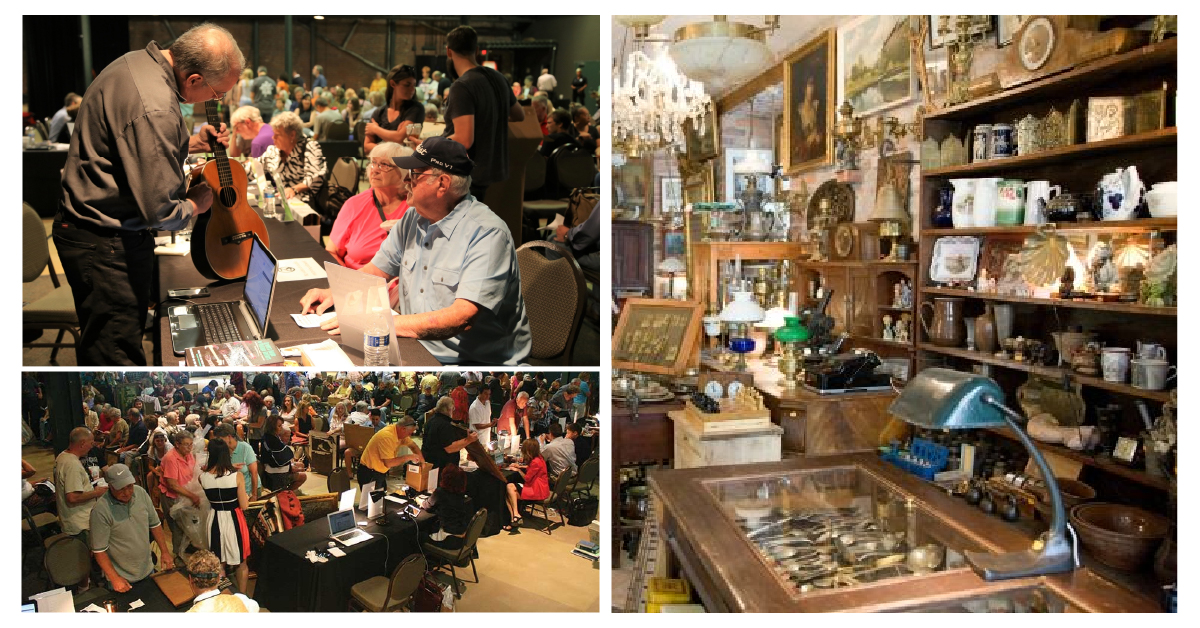Local Antique Appraisers: How to Find a Reputable Antique Appraiser near Me?
If you have an antique, it is always important to know its value. Whether you want to sell or keep an antique or collectible, knowing the exact value is important for insurance and other purposes. Experienced antique appraisers will help you ascertain the true value of your antique but where can you find them? We will consider few ways you can get in touch with local antique appraisers near you:
Attend Local Appraisal Fairs
There must be fairs near you that feature local antique buyers; attending such shows can be an opportunity to meet reputable antique appraisers near you. You can connect with the appraisers and have them inspect and evaluate your item.
Related Blog – Selling Gold and Silver: 4 Rules for Dealing with Antique Buyers

Search for Appraisers Online
We are in the digital age and almost all businesses have online presence. You can search the web for antique appraisers near you and study their website and other digital platforms closely to see if they have good reputation. Some of the expert appraisers can even evaluate your items if you can send detailed photographs of them.
Contact Reputable Antique Buyers
The best antique buyers around you will likely have highly reputable appraisers in their teams. From years of experience dealing with antiques and collectibles, these antique experts are always able to estimate what you have and communicate the true value. Most of them will also help you when you want to buy or sell antiques.
Important Tips to Consider
Antiques are precious and you need to be sure of the exact value of what you have: this is why you need a reputable antique appraiser. Keep the following tips in mind when looking for one:
- Work with antique appraisers that have experience
- Look for antique dealers that have several antiques in their collections
- Take your time to make a decision and avoid antique dealers that rush things.
It is very likely that there are several antique dealers and appraisers near you but it will take some efforts to find reputable ones. The tips above will help you in your quest for reputable ones to interact with.

